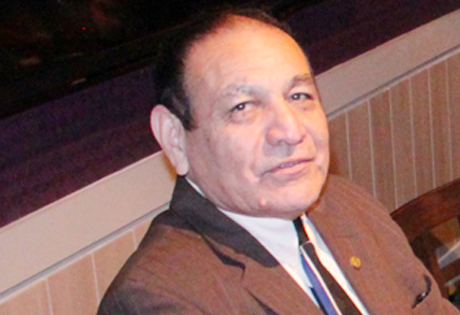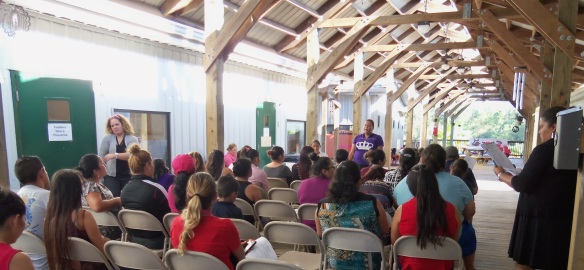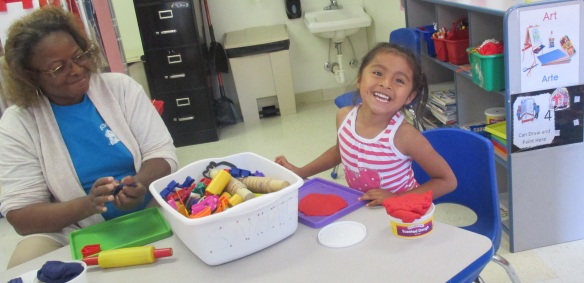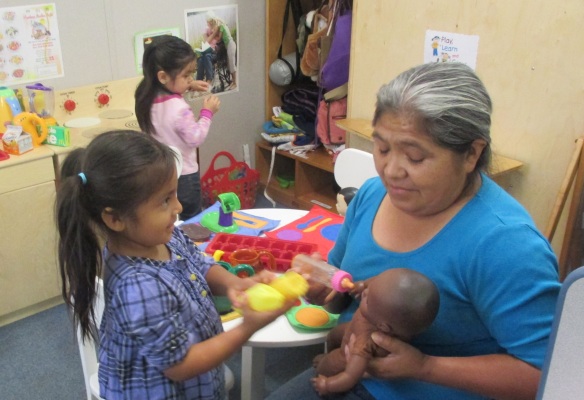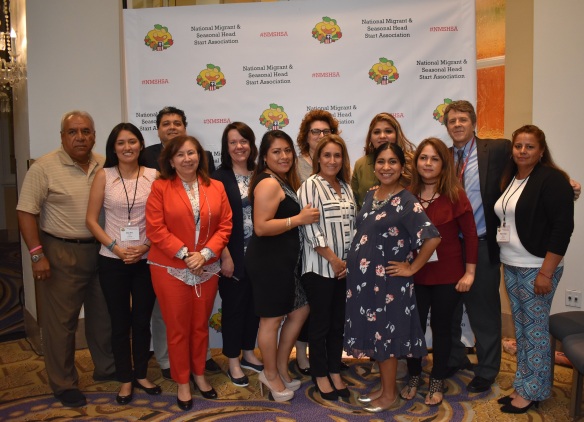 Last week, the National Migrant and Seasonal Head Start Association (NMSHSA) held its 2018 Public Policy Forum at the Mayflower Hotel in Washington, DC. Staff and parent leaders representing Migrant and Seasonal Head Start (MSHS) grantees from across the country came to the nation’s capital to discuss the most pressing issues affecting the farmworker community and to hear from policy officials about the latest developments in the Head Start program.
Last week, the National Migrant and Seasonal Head Start Association (NMSHSA) held its 2018 Public Policy Forum at the Mayflower Hotel in Washington, DC. Staff and parent leaders representing Migrant and Seasonal Head Start (MSHS) grantees from across the country came to the nation’s capital to discuss the most pressing issues affecting the farmworker community and to hear from policy officials about the latest developments in the Head Start program.
Attendees had the privilege of welcoming the newly-appointed Director of the Office of Head Start, Dr. Deborah Bergeron. A former classroom teacher and elementary and high school administrator, Dr. B –as she likes to be called— shared how she will use her three decades of pre-K–12 public education experience to provide unique insights into how Head Start can support our most vulnerable children to become school ready. She also talked about her recent visit to ECMHSP’s North Carolina Migrant and Seasonal Head Start centers. Of her trip, Dr. Bergeron said, “In one day I got to get a sense of the Migrant Head Start experience from the family, farmer, center, and community partner perspective. It was a 360⁰ view for sure!”
Following Dr. B’s opening remarks, advocates discussed the current state of play in Washington on a range of policy and legislative issues affecting MSHS families in 2018. In a panel titled, “Washington Update: Policy Issues Impacting Farmworker Families,” panelists provided updates on the federal budget, appropriations, and the impact of tax reform on our communities and the federal programs families rely on, including the Migrant and Seasonal Head Start program.
There’s no doubt that immigration reform was among one of the most important subjects covered during the Public Policy Forum. In a panel discussion moderated by ECMHSP’s John Menditto, speakers highlighted the crucial nature of our advocacy work for farmworker families. Common sense immigration reform can benefit farmworkers, farmers, and everyone who relies on American-grown fresh fruits and vegetables, while providing parents with the security that they will not be separated from their children. Additionally, farmworkers are losing work opportunities with the increased use of the H-2A Temporary Agricultural Workers program.

Javier Gonzalez, ECMHSP COO, Meiby Mora, ECMHSP Policy Council President, and John Menditto, ECMHSP General Counsel.
At the conclusion of the panel on immigration, Meiby Mora, ECMHSP Policy Council President, shared how in 2015, ECMHSP offered Meiby pro bono immigration services to apply for Deferred Action for Childhood Arrivals (DACA) after she was turned away by other lawyers. The challenges Meiby faced in obtaining her legal protections are some of the same challenges farmworkers face due to their migratory lifestyle and lack of documentation.

Monica Ramirez with ECMHSP parents.
Following the panel, participants heard the story of Monica Ramirez, the proud daughter and granddaughter of migrant farmworkers. For more than two decades, she has served Latina farmworkers and immigrant women as an organizer and advocate, and she has focused her work on ending gender-based violence in the workplace and achieving gender equity as the co-founder and President of Alianza Nacional de Campesinas. Monica Ramirez received a standing ovation for her powerful message to all attendees.
The afternoon panels also highlighted other challenges being felt in the communities MSHS centers serve. One panel reflected on what advocates see as the greatest challenges and opportunities facing Head Start providers working in rural communities – including hiring and retaining staff, financing and maintaining quality facilities, and transportation. The final panel of the day discussed the importance of sharing the stories from our communities through various campaigns supporting the immigrant community and Head Start programs. Farmworker parents shared how their powerful stories have made a difference, whether it was a video, letter or art from their children.
As part of day two of the Forum, the ECMHSP team was invited to discuss the MSHS program and the needs of the farmworker community by members of Congress and their staff. A total of nine staff members, four parents and two former Head Start students met with Hill staffers to share the great work ECMHSP is doing in their communities and discussed ways we could partner to better support farmworker families. One ECMHSP advocacy team comprised of Dr. José Villa, Chief Executive Officer, Christine Alvarado, Chief Innovation Officer, and parents Ramona Deloera and Nalleli Trejo, had the most impressive meetings; they had intimate gatherings with US Senators Marco Rubio and Bill Nelson of Florida.

Senator Cory Booker (D-NJ) and Erika Aguilera, NMSHSA Intern.
Although ECMHSP had the opportunity to meet with US Senator Cory Booker’s Legislative Director, later in the day, we ran into Senator Booker while he was shooting a commercial on the steps of the Supreme Court building. One of NMSHSA’s four interns for the summer, Erika Aguilera, had a quick chat with the Senator to advocate for the Head Start program in New Jersey and throughout the United States. She shares —
“Running into Senator Booker was quite the surprise. We spoke in Spanish because he felt that it was very important to continue the language. I mentioned to him that migrant families are vital to this country being that they feed America. I emphasized how important the Migrant and Seasonal Head Start program is for children because those children can then grow up and receive amazing opportunities, like myself. To give him a better idea, I explained how my father has worked all his life in the fields picking seasonal fruit and in the winter, harvesting grapes, which is a tough job that not everyone can tolerate.”
The NMSHSA 2018 Public Policy Forum was a huge success. Head Start parents and advocates from the farmworker community shared their stories with important lawmakers in hopes that they can recognize farmworker families for performing one of the toughest jobs in the United States and sharing their support. ECMHSP will keep uniting with all MSHS programs nationwide to defend farmworker families and to ensure the children of farmworkers are prepared for educational success.





 For more than 40 years, ECMHSP has offered high-quality and comprehensive Head Start services to farmworker families. We have created a strong partnership with the parents of the children enrolled at our centers, and through their dedicated service and leadership, we are able to design a program that meets the unique needs of the farmworker families in our communities.
For more than 40 years, ECMHSP has offered high-quality and comprehensive Head Start services to farmworker families. We have created a strong partnership with the parents of the children enrolled at our centers, and through their dedicated service and leadership, we are able to design a program that meets the unique needs of the farmworker families in our communities.

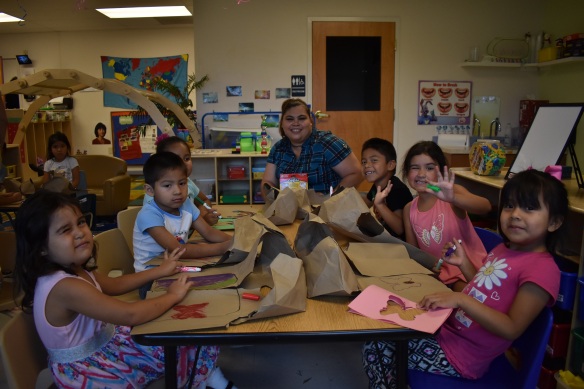




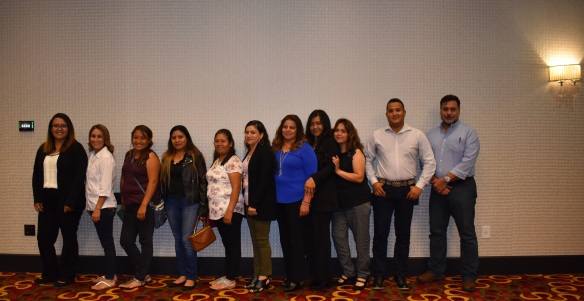



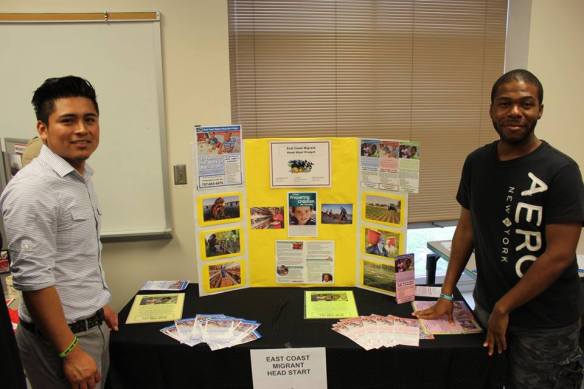


 Last week, the National Migrant and Seasonal Head Start Association (NMSHSA) held its 2018 Public Policy Forum at the Mayflower Hotel in Washington, DC. Staff and parent leaders representing Migrant and Seasonal Head Start (MSHS) grantees from across the country came to the nation’s capital to discuss the most pressing issues affecting the farmworker community and to hear from policy officials about the latest developments in the Head Start program.
Last week, the National Migrant and Seasonal Head Start Association (NMSHSA) held its 2018 Public Policy Forum at the Mayflower Hotel in Washington, DC. Staff and parent leaders representing Migrant and Seasonal Head Start (MSHS) grantees from across the country came to the nation’s capital to discuss the most pressing issues affecting the farmworker community and to hear from policy officials about the latest developments in the Head Start program.


